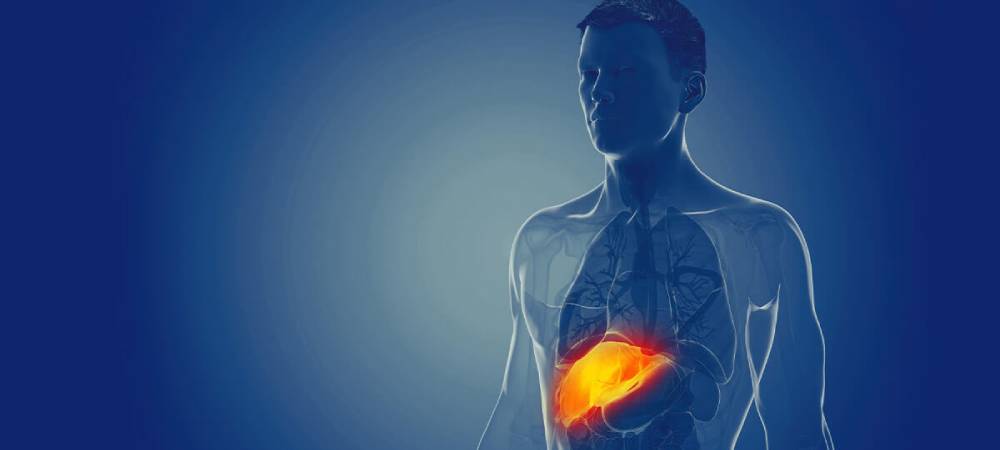Liver Disease
Home : : Gastroenterology : : Liver Diseasee
Gastroenterology Treatments

The liver is an organ about the size of a football. It sits just under your rib cage on the right side of your abdomen. The liver is essential for digesting food and ridding your body of toxic substances.
Liver disease can be inherited (genetic). Liver problems can also be caused by a variety of factors that damage the liver, such as viruses, alcohol use and obesity.
Over time, conditions that damage the liver can lead to scarring (cirrhosis), which can lead to liver failure, a life-threatening condition.
Symptoms
Liver disease doesn’t always cause noticeable signs and symptoms. If signs and symptoms of liver disease do occur, the may include:
- Skin and eyes that appear yellowish (jaundice)
- Abdominal pain and swelling
- Swelling in the legs and ankles
- Itchy skin
- Dark urine color
- Pale stool color
- Chronic fatigue
- Nausea or vomiting
Risk factors
Factors that may increase your risk of liver disease include:
- Heavy alcohol use
- Obesity
- Type 2 diabetes
- Tattoos or body piercings
- Injecting drugs using shared needles
- Blood transfusion before 1992
- Exposure to other people’s blood and body fluids
- Unprotected sex
Prevention
To prevent liver disease:
- Drink alcohol in moderation: For healthy adults, that means up to one drink a day for women and up to two drinks a day for men.
- Avoid contact with other people’s blood and body fluids: Hepatitis viruses can be spread by accidental needle sticks or improper cleanup of blood or body fluids.
- Keep your food safe: Wash your hands thoroughly before eating or preparing foods.
- Maintain a healthy weight: Obesity can cause nonalcoholic fatty liver disease.
